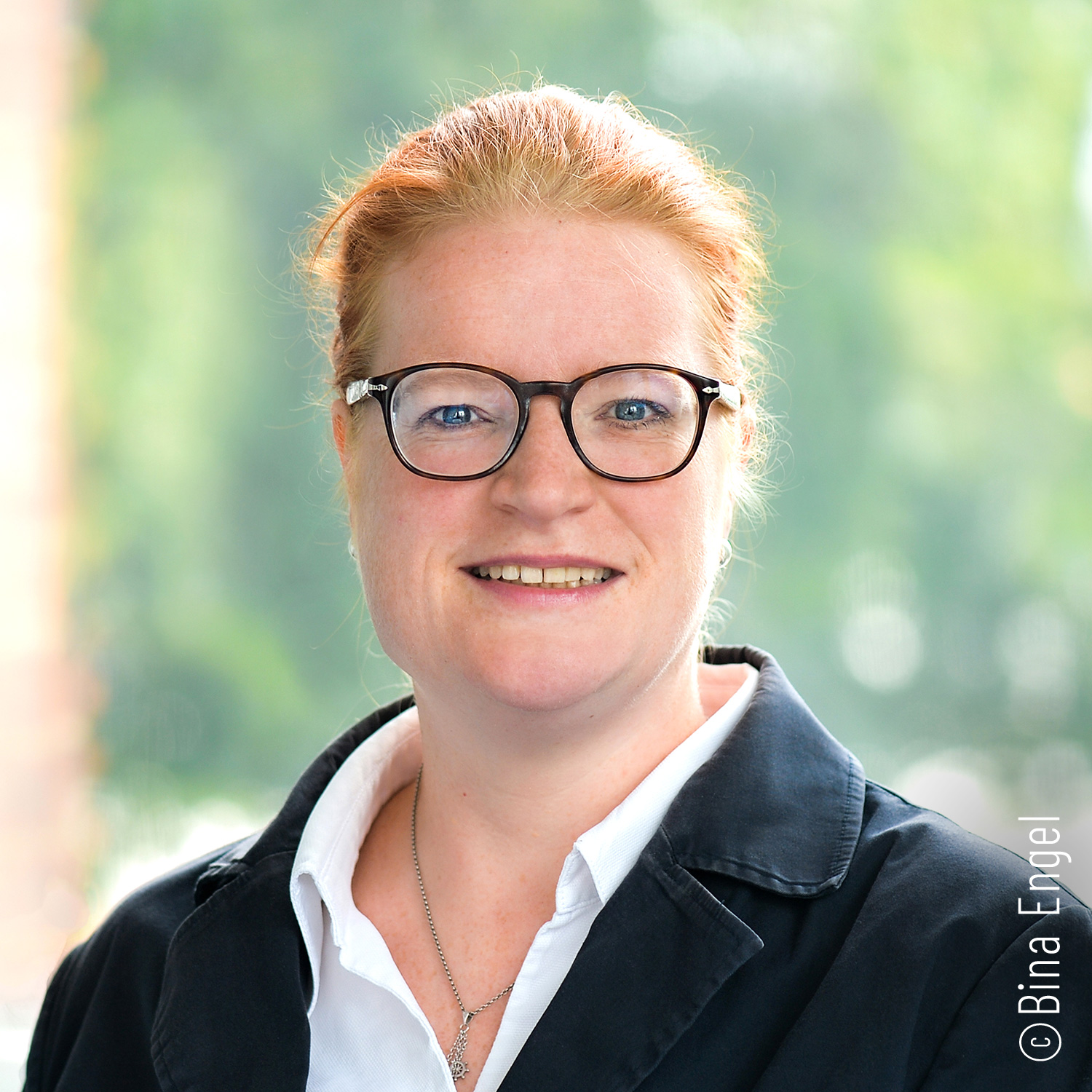
Capt. Runa Jörgens
Head of Issues and Projects
Phone: +49 40 9999 698 - 71
E-Mail: Joergens[at]dmz-maritim.de
The goal is to develop an industry standard that can be translated into a guideline in the national context in order to realise international standardisation in the medium to long term. To achieve this goal, the committee is working together with the German Institute for Standardisation – the Deutsche Institut für Normung (DIN) – on a DIN standard for adhesive bonding in shipbuilding. It is necessary to define uniform standards and processes to enable more widespread usage of adhesive bonding as a technology in shipbuilding.
The committee consists of 30 experts and representatives from industry, classification organisations and science, who meet every three months. In six working groups, topics such as general provisions, operating license/quality measures, execution and inspection of adhesions, materials and auxiliary materials, adhesive processes and process inspection, and constructive design and measurement are addressed. In addition to the working group meetings, there are semi-annual meetings of the general committee of all experts in order to discuss the current status of work and organisational processes. Since March 2021, the German Maritime Centre has been taking part in the semi-annual DIN web conferences as a DIN expert member in order to present the status of the project’s work. The next DIN meeting is scheduled for October 2022.
Currently, adhesive technologies are employed in the area of adhering glazing and glueing fibre-reinforced plastic components (like bulwarks, panelling or deck furniture) but also in the area of foundation laying for pieces of equipment and in the engine room (such as glued brackets for piping or signal lines). Shipyards have expressed the wish to increase the use of adhesive bonding in order to make the processes more flexible and increase the proportion of structural adhesions.
For more information, check out the results of the Adhesive Technology for Shipbuilding study
